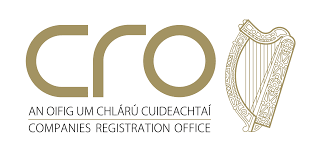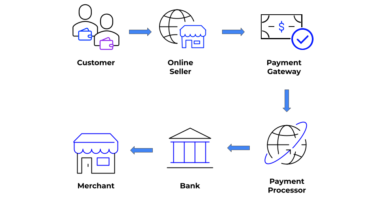Setting up a business in Ireland is an exciting venture, thanks to its pro-business environment, low corporate tax rate, and access to EU markets. Whether you’re a local entrepreneur or an international businessperson, understanding the process of establishing a company in Ireland is key to getting started. Here’s a step-by-step guide to help you through the journey:
1. Choose the Right Business Structure
Ireland offers several business structures. The most common are:
- Sole Trader: Simple to set up; the individual is responsible for debts.
- Partnership: Owned by two or more people, sharing profits and liabilities.
- Private Limited Company (Ltd): Separate legal entity, limiting personal liability. This is the most popular choice for businesses in Ireland.
Your choice depends on factors such as liability, tax, and scalability.
2. Decide on a Company Name
Your company name must be unique and not identical or similar to an existing company name. The Companies Registration Office (CRO) provides an online name check facility to ensure your chosen name is available.
Tips for choosing a name:
- Reflect your brand and industry.
- Avoid terms that could imply state sponsorship unless approved (e.g., “Ireland” or “National”).
3. Register Your Business
Depending on your chosen structure:
- For Sole Traders and Partnerships: Register with the CRO using Form RBN1 or RBN1A.
- For Private Limited Companies:
- Draft your Constitution (formerly Memorandum and Articles of Association).
- Complete Form A1, including information about directors, the company secretary, shareholders, and registered office address.
- Submit the documents to the CRO, either online or via post.
The registration fee for a limited company is approximately €50 if filed online and €100 for paper submissions.
4. Appoint Directors and a Company Secretary
An Irish private limited company must have:
- At least one director resident in the European Economic Area (EEA). If not, a bond of €25,000 may be required.
- A Company Secretary, who ensures compliance with statutory obligations.
Directors should be over 18 years old and not disqualified from holding the position.
5. Set Up a Registered Office
Your company must have a physical registered office address in Ireland. This is where official documents and communications will be sent.
6. Obtain a Tax Identification Number
Register your business with the Revenue Commissioners for a Tax Reference Number. This number is required for:
- Corporation Tax.
- VAT (if applicable, depending on turnover thresholds).
- Employer obligations if you’re hiring staff.
7. Open a Business Bank Account
Once your company is registered, open a dedicated business bank account in Ireland. Most banks require:
- Certificate of Incorporation.
- Company Constitution.
- Proof of identity and address for directors and shareholders.
8. Consider Business Permits and Licenses
Certain industries require specific permits or licenses, such as food, health, or construction. Check with the Irish government or relevant authorities to ensure compliance.
9. Register for Social Insurance Contributions
If you plan to hire employees, register for the Pay As You Earn (PAYE) system with Revenue. This ensures that income tax, PRSI, and USC contributions are deducted at source.
10. Maintain Compliance and File Annual Returns
Irish companies must file an Annual Return (Form B1) with the CRO. Financial statements must also be submitted if your company is trading. Staying compliant avoids penalties and ensures smooth operations.
Why Choose Ireland?
Ireland’s strong business ecosystem, skilled workforce, and strategic location make it an attractive destination for entrepreneurs. With supportive government policies and access to international markets, Ireland is a thriving hub for startups and established companies alike.
Conclusion
Starting a company in Ireland involves strategic planning and adherence to legal requirements. By following these steps, you’ll set the foundation for a successful business. Consider consulting with an accountant, solicitor, or company formation specialist to streamline the process and ensure compliance.
Ready to start your Irish business journey? The opportunities are endless!











